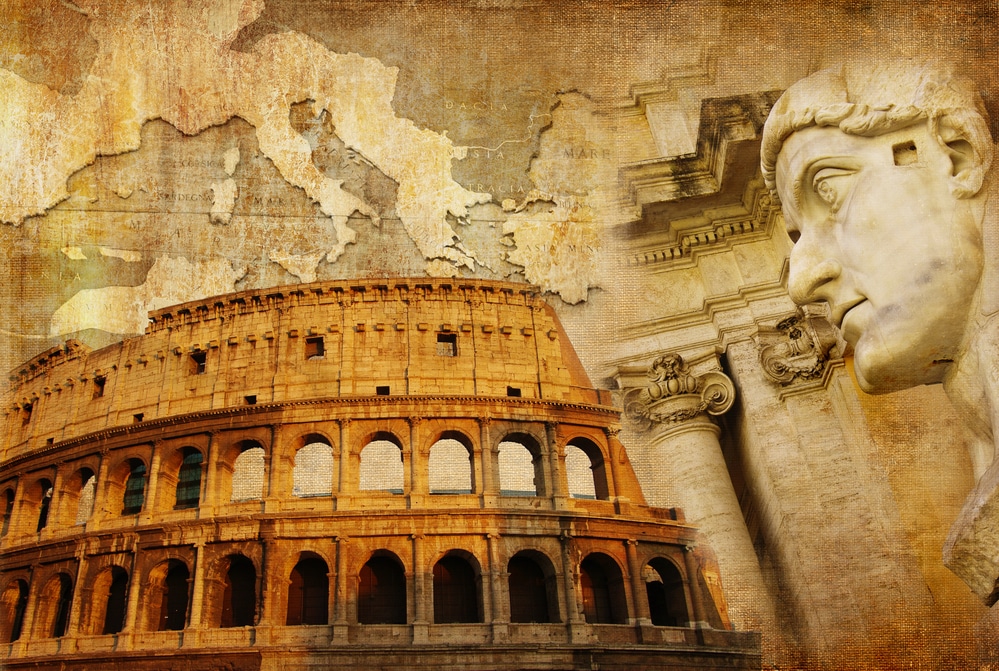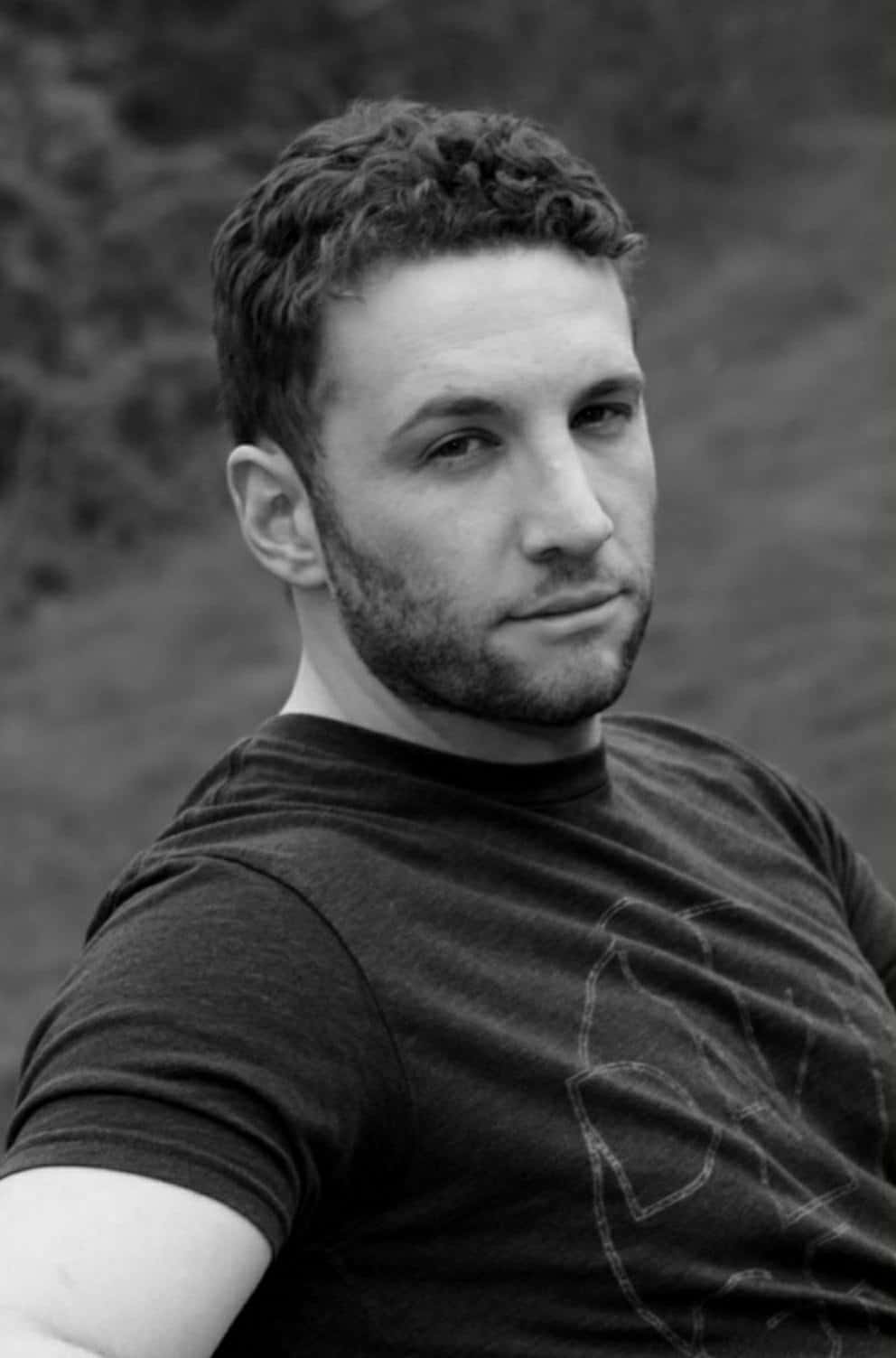Taste is existential. For example, if your tastes include Christianity, homesteading, homeschooling, firearms and dining at Cracker Barrel, the “decent and loyal people of America” will fully support the federal government burning your house down with you and your children in it.
The state, viewed as a corporate agent, has its tastes. And it sits at the apex of a social system in which the way taste is “legitimated” by regime intellectuals subtly legitimates the state itself and perpetuates a government-supremacist, anti-capitalist cultural order.
The philosopher and sociologist Pierre Bourdieu observed that humans associate different tastes with different social classes. As the military guys say, that tracks. But Bourdieu, being a Parisian intellectual, wasn’t satisfied with our “pedestrian” understanding of taste and social class being directly linked in a pyramidal hierarchy:
- Upper class/sophisticated culture
- Middle class/conventional culture
- Working class/popular culture
The guy was a “flaneur” of thought. He described four social classes: lower, middle, upper and the “cultural elite.” While social origin, profession, and economic wealth tend to place people in one of the first three classes, to get into the cultural elite requires first the ability to recognize “legitimate” culture and second the capacity to interact with legitimate culture in the “appropriate” way. Which prompts the question, what is legitimate culture?
But first, what is culture? According to the neurobiologist and primatologist Robert Sapolsky, the social anthropological definition of culture is “the non-genetic transmission of learned behavior, either intra- or inter-generationally.” Chimpanzee mothers teach their children the “art” of termite fishing. Therefore, chimpanzees have culture.
The word “culture” is etymologically linked with the word “agriculture” and our species moved from a hunter-gatherer existence to “civilization” by embracing agriculture some 10,000-12,000 years ago. As the historian of reason Mark Ajita emphasizes, the archaic states that arose during this time were built on direct control of agricultural production and the distribution of its harvest. This new “cultured” way of life, characterized by “rigid hierarchies, divine kings, slavery and monumental architecture” was only made possible through “a powerful new ideology.”
That ideology was a new type of religion that made agriculture sacred, and herein lies the key: Legitimate culture is sacred culture.
Is this sacred culture some transcendental reality that humans discover by way of a universal “judgement of taste” faculty? Not according to Bourdieu, who argues it is the education system that arbitrates what is sacred culture:
“Cultural objects, with their subtle hierarchy, are predisposed to mark the stages and degrees of the initiatory progress which defines the enterprise of culture, according to Valery Larbaud. Like ‘Christian’s progress towards the heavenly Jerusalem’, it leads from the ‘illiterate’ to the ‘literate’, via the ‘non-literate’ and ‘semiliterate’, or the ‘common reader’ (lecteur)-leaving aside the ‘bibliophile’-to the truly cultivated reader (liseur). The mysteries of culture have their catechumens, their initiates, their holy men, that ‘discrete elite’ set apart from ordinary mortals…”
Irving Kristol conjured the “stages and degrees of the initiatory process” in his adage about “truth”:
“There are different kinds of truths for different kinds of people. There are truths appropriate for children; truths that are appropriate for students; truths that are appropriate for educated adults; and truths that are appropriate for highly educated adults, and the notion that there should be one set of truths available to everyone is a modern democratic fallacy. It doesn’t work.”
Of course, what he meant by “doesn’t work” is that if the American people have access to the same truth he does, they won’t want their children fighting and dying in wars for Israel.
Bourdieu said the cultural elite constitute an aristocracy:
“Those whom Proust calls ‘the aristocracy of intellect’ know how to mark their distinction in the most peremptory fashion by addressing to the ‘elite’, made up of those who can decipher them, the discreet but irrefutable signs of their membership of the ‘elite’…”
The link between medieval aristocrats and modern regime academics is their relation to the market. Speaking of seventeenth century France, the philosopher Jürgen Habermas said:
“…one sees here the first signs of that combination of the economically unproductive and politically functionless urban aristocracy with eminent writers, artists, and scientists (who frequently were of bourgeois origin) typical of the salon of the eighteenth century…”
The aristocracy, threatened by the rise of the economically productive bourgeoisie, grounded their status in their manners and cultural competency:
“Goethe’s observation that the bourgeoisie could no longer represent, that by its very nature it could no longer create for itself a representative publicness, is significant. The nobleman was what he represented; the bourgeois, what he produced: ‘If the nobleman, merely by his personal carriage, offers all that can be asked of him, the burgher by his personal carriage offers nothing, and can offer nothing. The former has a right to seem: the latter is compelled to be, and what he aims at seeming becomes ludicrous and tasteless’.” [Emphasis Added]
The cultural elite doesn’t just consecrate culture. It also promotes the “appropriate” way to interact with it. Bourdieu said:
“The denial of lower, coarse, vulgar, venal, servile – in a word, natural – enjoyment, which constitutes the sacred sphere of culture, implies an affirmation of the superiority of those who can be satisfied with the sublimated, refined, disinterested, gratuitous, distinguished pleasures forever closed to the profane.” [Emphasis Added]
Regime intellectuals imbue the state with a similar sacred gaze. According to the political scientist and historian Benedict Anderson:
“…the family has traditionally been conceived as the domain of disinterested love and solidarity. So too, if historians, diplomats, politicians, and social scientists are quite at ease with the idea of ‘national interest,’ for most ordinary people of whatever class the whole point of the nation is that it is interestless. Just for that reason, it can ask for sacrifices.” [Emphasis Added]
The state is a monster with a taste for blood, but the education system consecrates it as a disinterested champion of order and justice. Academia certainly earns its inclusion in Ray McGovern’s military-industrial-congressional-intelligence-media-academia-think tank (MICIMATT) complex.
































